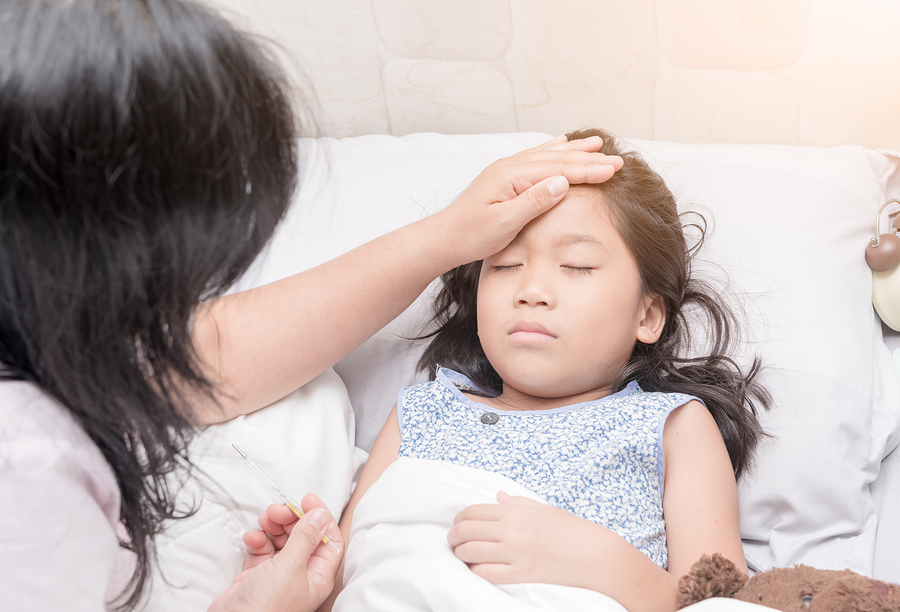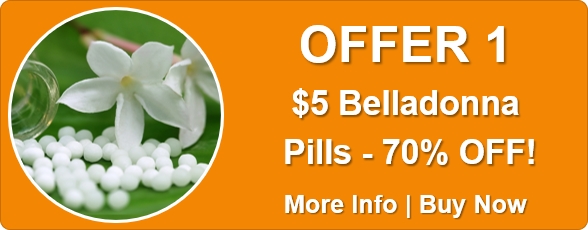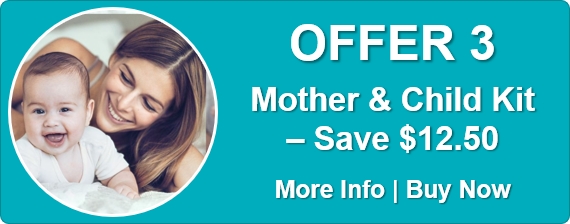Research and Paywalls: Homeopathy Plus regularly reports on homeopathic research, past and present, but we can’t link to complete research papers if they are behind a journal paywall - we can only provide a summary and abstract. If you wish to access a full paper from behind a paywall, please click on the link provided for the publisher’s purchase options.
Study: Prevention of Recurrent Respiratory Infections in Children by Homeopathy
Highlights
- A complex (combination) homeopathic product was compared with another complex product to examine its effectiveness in preventing recurrent upper respiratory tract infections (URTIs) in children.
- The test product contained Calcium carbonicum Hahnemanni 6X, Calcium fluoratum 6X, Calcium phosphoricum 6X and Sulfur jodatum 12X. The comparative product contained Gentiana 1X, Aconitum 6X, Bryonia 6X, Ferrum phosphoricum 12X, and Acidum sarcolacticum 12X.
- Children from the 2 product groups were treated for 3 weeks and assessed for the frequency of URTIs over 3 and 6 months.
- Both groups had a reduction in antibiotic use and frequency of URTIs.
- The group receiving the test product, had fewer URTI-related complaints, better appetite and better child activity. Satisfaction and tolerance were also higher.

ABSTRACT
Team
Miek C. Jong,corresponding author Stephen L. Buskin, Lydia Ilyenko, Irina Kholodova, Julia Burkart, Stephan Weber, Thomas Keller, and Petra Klement
Background
The present study was initiated to investigate the effectiveness, safety and tolerability of complex homeopathic CalSuli-4-02 tablets on prevention of recurrent acute upper respiratory tract infections (URTIs) in children, in comparison to another complex homeopathic product.
Methods
The study was designed as a prospective, multicenter, randomized, open, clinical trial with two parallel treatment groups at four outpatient pediatric clinics in Russia. Children aged ≤ 6 years with susceptibility to acute URTIs (≥ three occasions during the last 6 months) were randomized to receive either CalSuli-4-02 or a comparator homeopathic product (control group) for 3 weeks. Primary outcome was the frequency of acute URTIs after 3 and 6 months post-treatment follow-up. Secondary endpoints were changes in complaints and symptoms (total and individual scores), treatment satisfaction, antibiotic use, safety and tolerability.
Results
The intention-to-treat analysis involved 200 children (CalSuli-4-02: N = 99, Control: N = 101). In both treatment groups, the median number of acute URTIs was one for 3 months and two, respectively, for the full 6 months post-treatment (Relative Risk: 0.86 (95 %-CI: 0.72–1.03), p = 0.1099). Seasons had no influence on the outcome. At the end of study, CalSuli-4-02 had overall higher odds of getting lower complaints severity total score (Odds ratio: 1.99 (95 %-CI: 1.31–3.02), p = 0.0012) and showing symptom improvement (Odds ratio: 1.93 (95 %-CI: 1.25–3.00), p = 0.0033). Specifically, the complaint “appetite disorder” and the symptom “child’s activities” significantly improved more in the CalSuli-4-02 group (p = 0.0135 and p = 0.0063, respectively). Antibiotic use was decreased in both treatment groups at the study end. Overall assessment for satisfaction with and tolerability of treatment was higher with CalSuli-4-02. A low number of non-serious adverse drug reactions was reported (CalSuli-4-02: N = 4, Control: N = 1).
Conclusions
Both complex homeopathic products led to a comparable reduction of URTIs. In the CalSuli-4-02 group, significantly less URTI-related complaints and symptoms and higher treatment satisfaction and tolerability were detected. The observation that the use of antibiotics was reduced upon treatment with the complex homeopathic medications, without the occurrence of complications, is interesting and warrants further investigations on the potential of CalSuli-4-02 as an antibiotic sparing option.
Homeopathy Plus Comment
Complexes (combination remedies) usually contain the most common remedies for a particular complaint. They provide a simple and inexpensive over-the-counter alternative to the single remedy for those unfamiliar with homeopathy who would like to try homeopathy as a safer treatment or preventive approach. If the needed single remedy is in the combination it will have a beneficial effect; if it is absent, the complex won’t help. Complexes should be used for simple self-limiting problems and for short periods. The homeopathic treatment of chronic or serious problems require a course of professional treatment that may involve changes of remedies and potencies.







